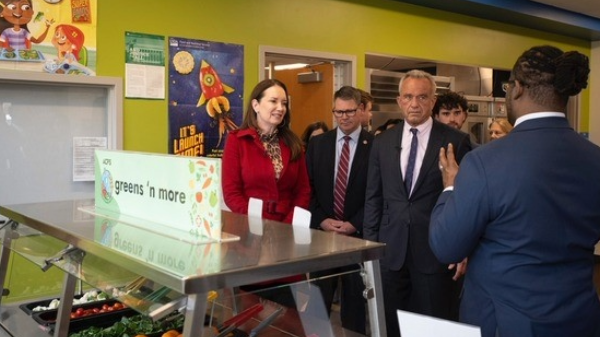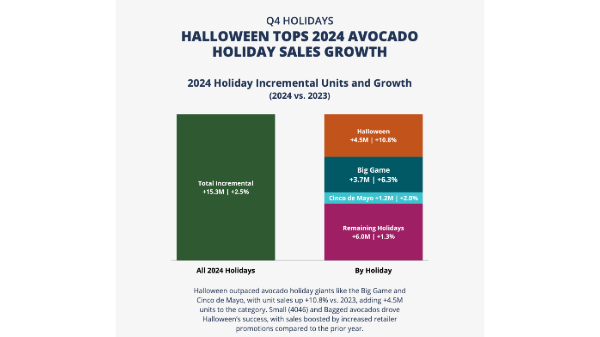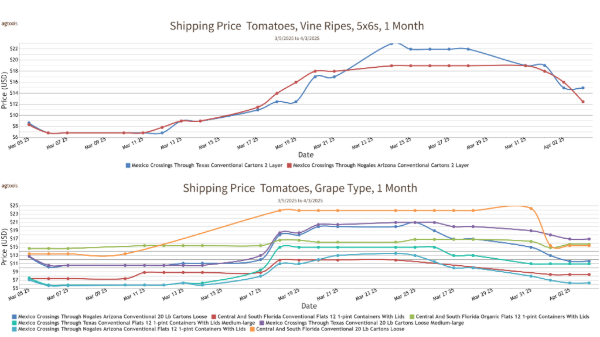First inhabited sometime between 9,000 and 12,000 years ago by ancestors of the Massachusett Indian tribe, the Boston area has always been a hub of the food trade. Though it is quite famous for its seafood, especially cod, once the region was colonized, agriculture became an integral part of the state’s economy as well.
Although the Bay State is comprised of just 10,555 square miles (ranking it forty-fourth in the nation), more than 500,000 acres are devoted to agriculture and bring in more than $500 million in annual cash receipts. Much of this bounty is funneled through its two terminal markets—the New England Produce Center and the Boston Market Terminal.
In a city known for its strength and resilience, Bostonians were tragically put to the test by the bombings near the finish line of the famed Boston Marathon. Not only did residents and local businesses immediately lend a hand to one another, but outpourings of support came from around the nation and globe. Though the scars will take time to heal, locals rallied, proving ‘Boston Strong’ is not just a saying, but a way of life.
Famous for Firsts
The state of Massachusetts is used to firsts, whether it be the first Thanksgiving in 1621, first American subway system in 1898, or placing first in national energy efficiency in 2012. With such a rich history, it is no surprise the Massachusetts Department of Agricultural Resources predates even the creation of the U.S. Department of Agriculture (USDA).
The Massachusetts Department of Agricultural Resources (MDAR) plays a significant role in supporting state agriculture, especially through the “MassGrown & Fresher” program. Last year, MassGrown received the “Bright Ideas” Innovations in Government award from Harvard University, recognizing the organization’s efforts to not only market the state’s locally grown fruits and vegetables, but provide access to a broader swath of the region’s population.
Aside from promoting locally grown products, MDAR has also received USDA Specialty Crop grants. The most recent, for $400,000, was used to improve sustainability and encourage conservation, while also getting locally grown and organic fruits and vegetables into the hands of underserved and underprivileged groups within the state.
Reciprocal Markets
The famous “city on a hill” as declared by John Winthrop aboard the Mayflower, also preserves the distinction of maintaining two separate, yet entwined, terminal markets. The Boston Market Terminal (BMT), located on Market Street in Everett, is just a stone’s throw from the larger New England Produce Center (NEPC) in Chelsea off of Beacham Street on Riley Way.








